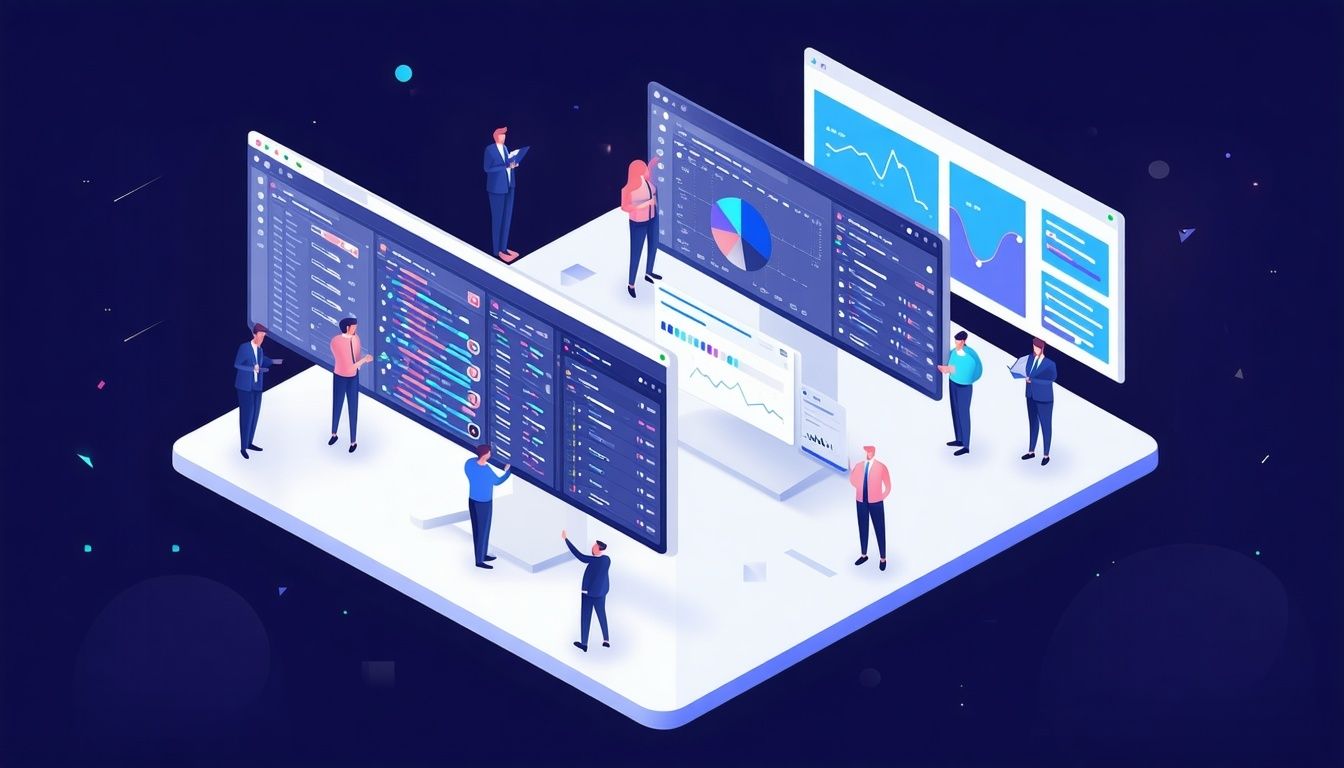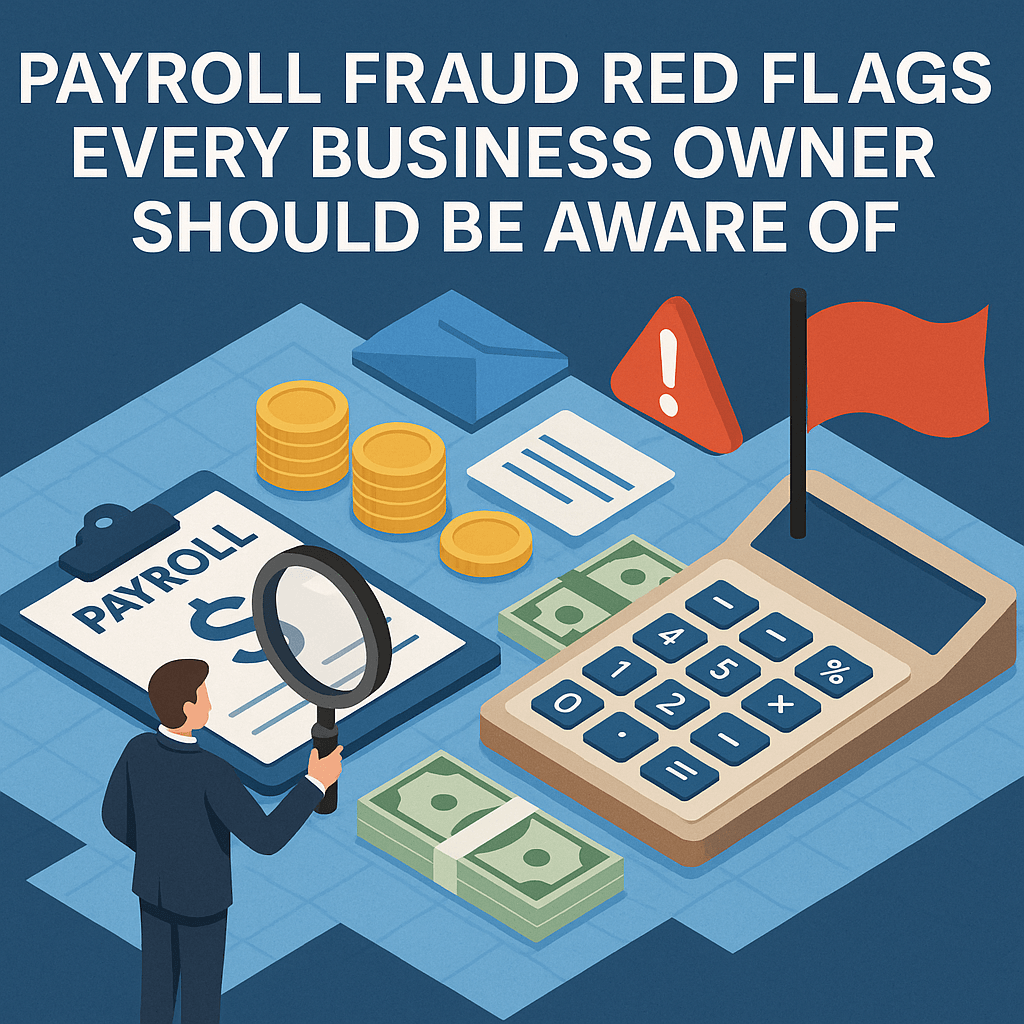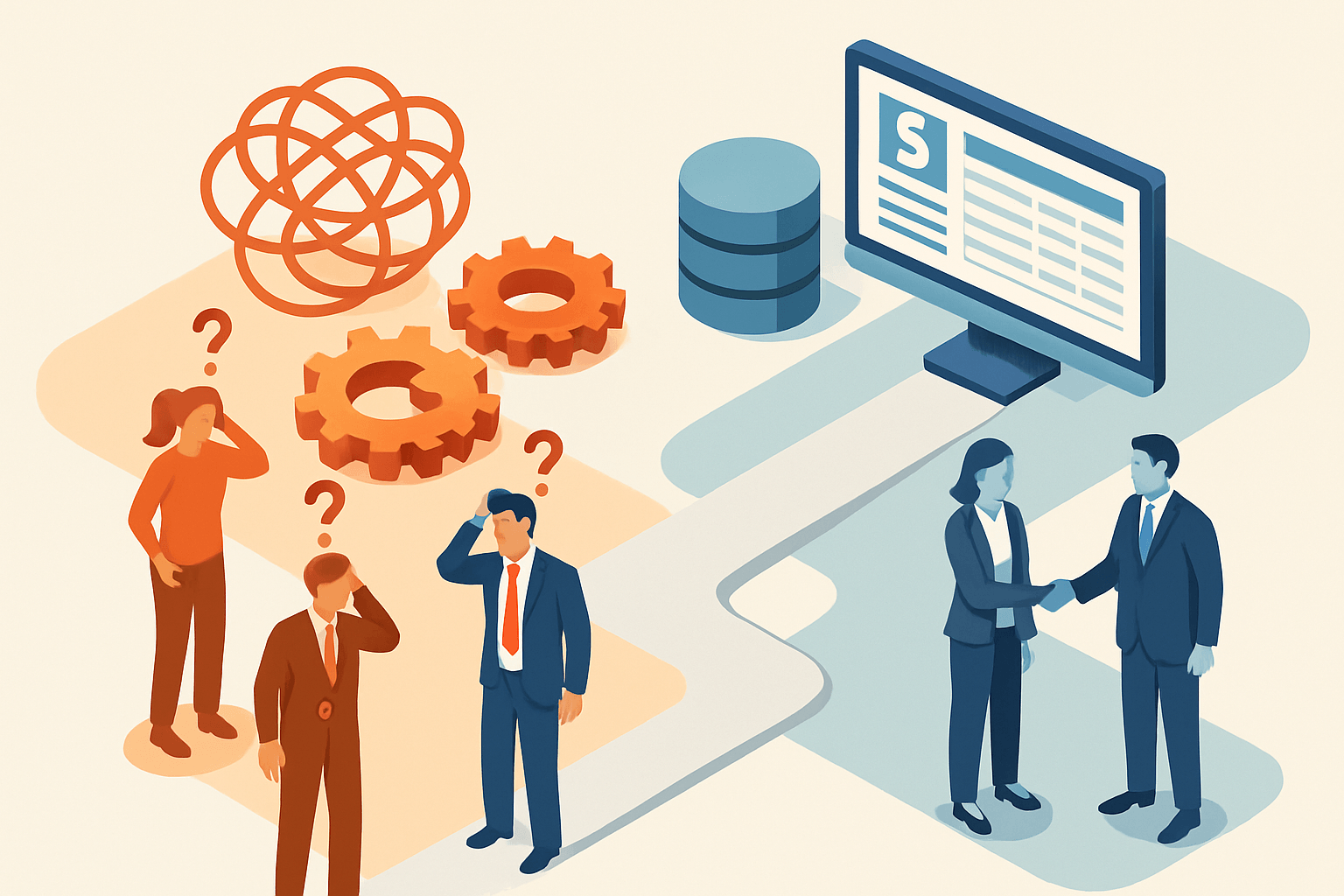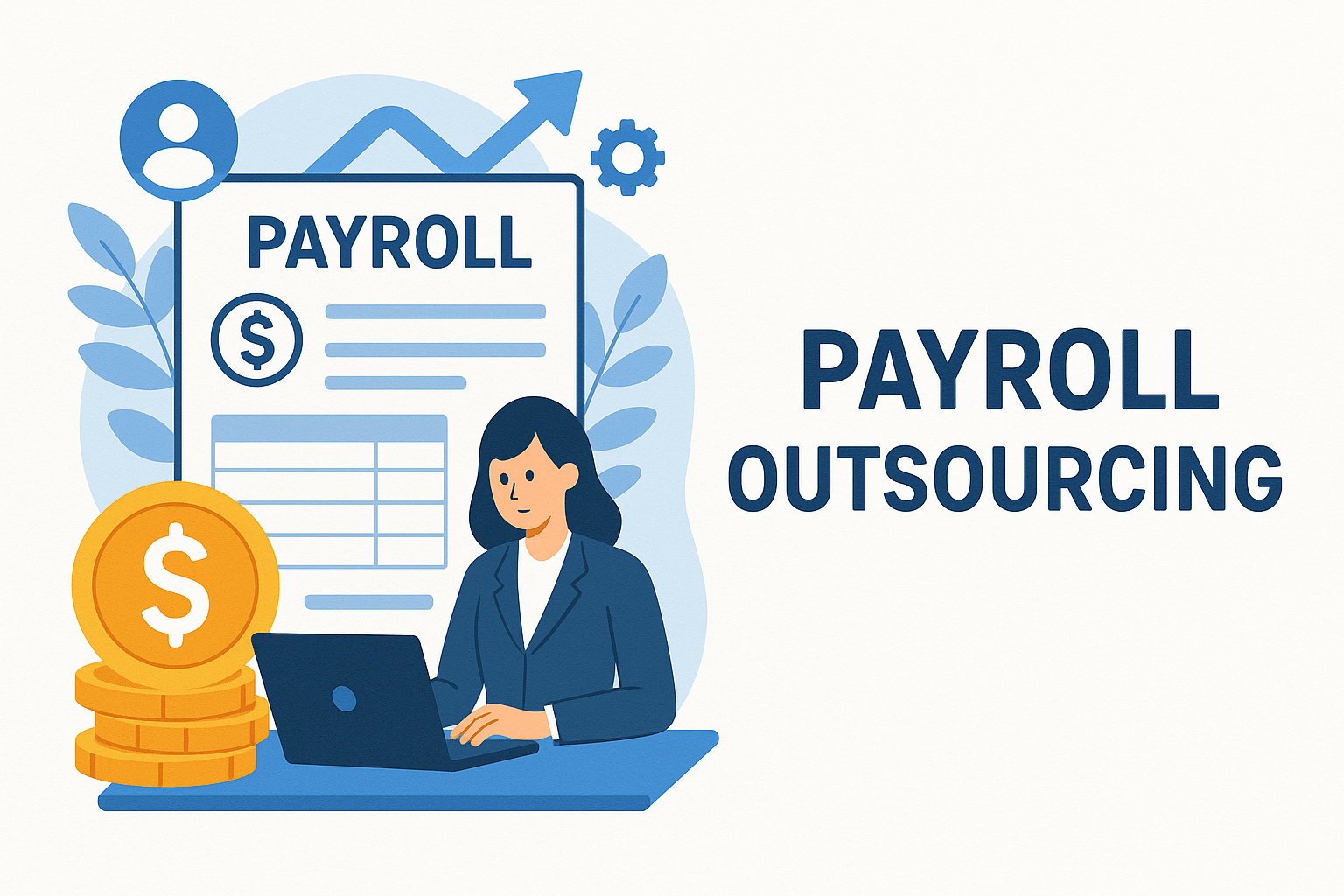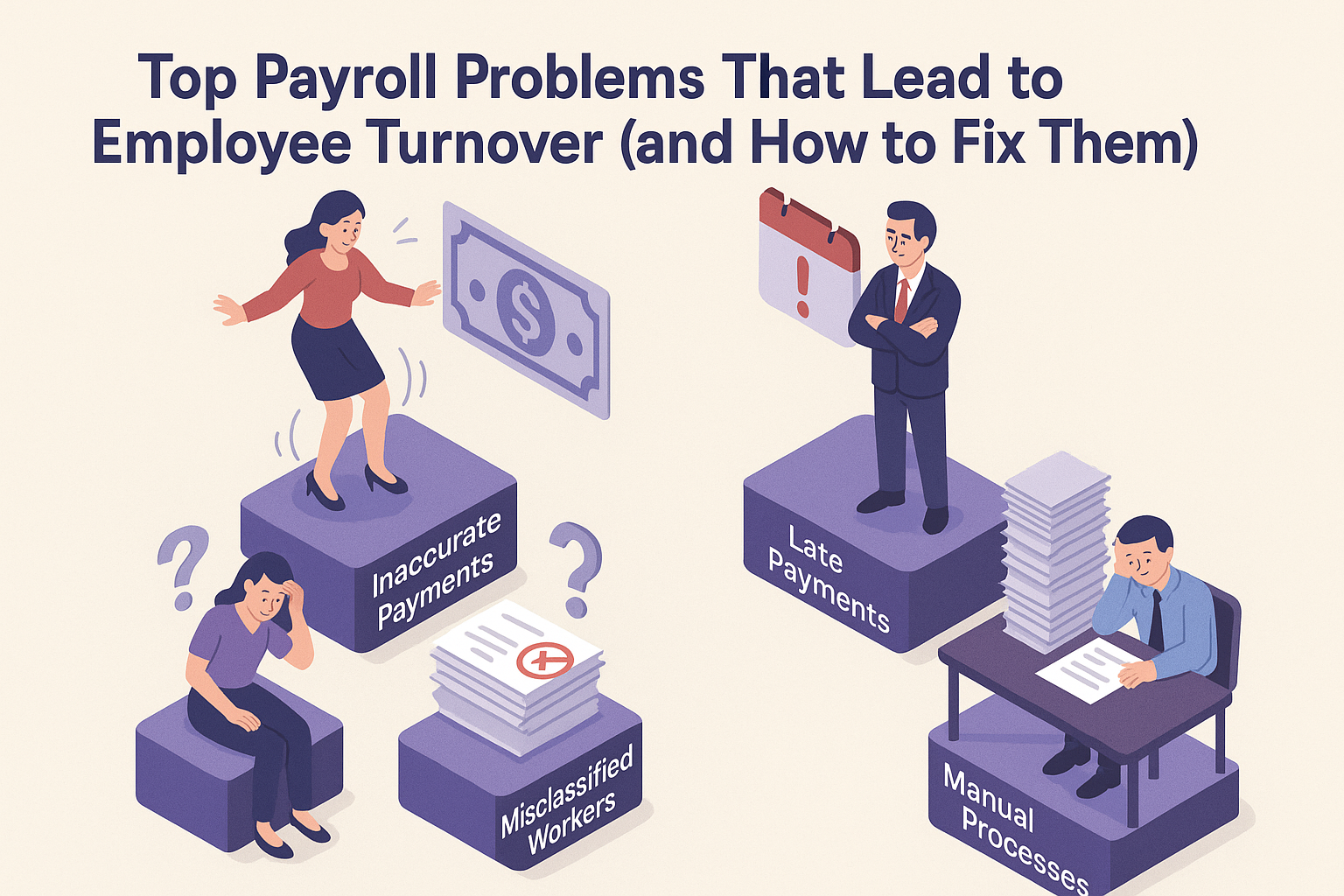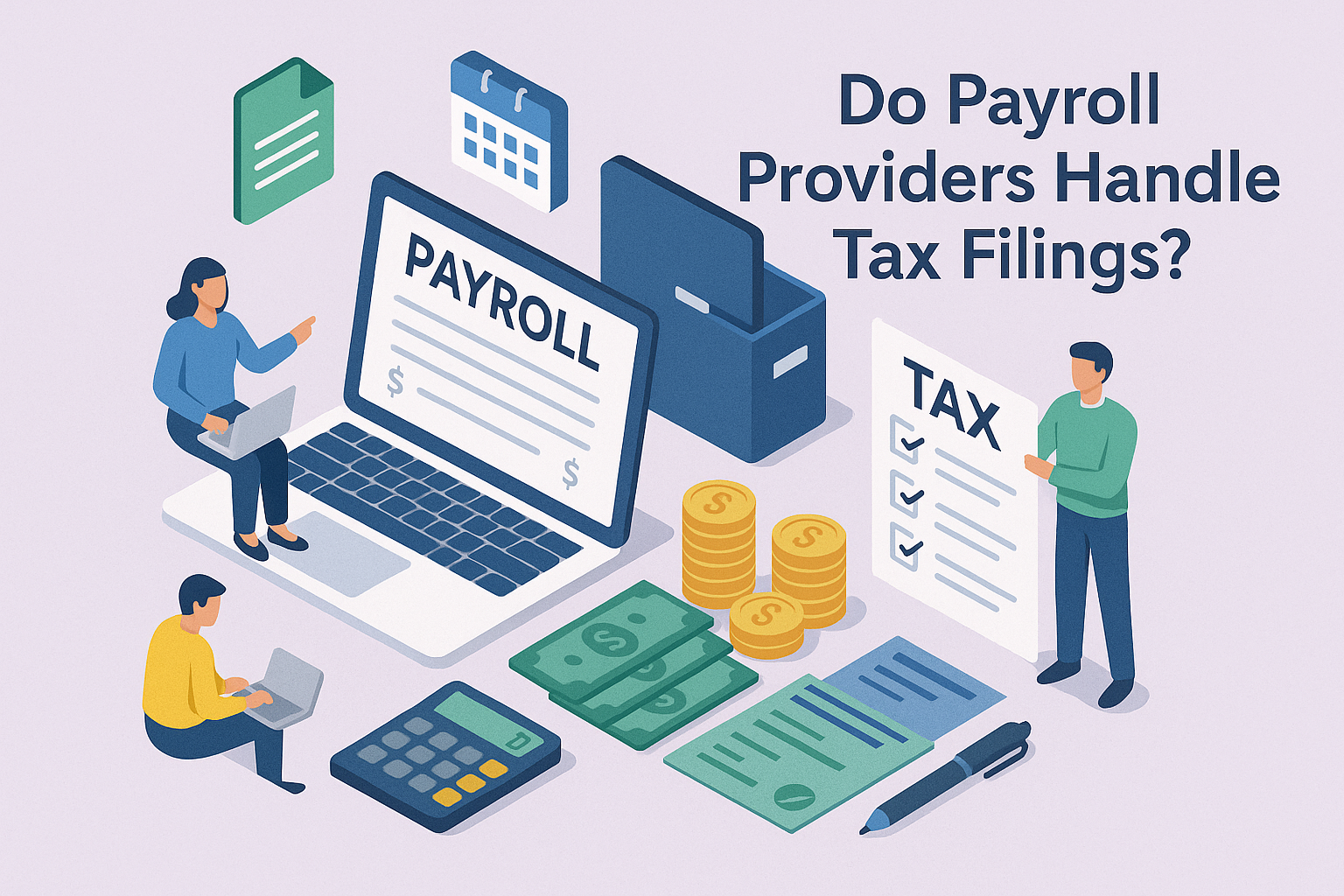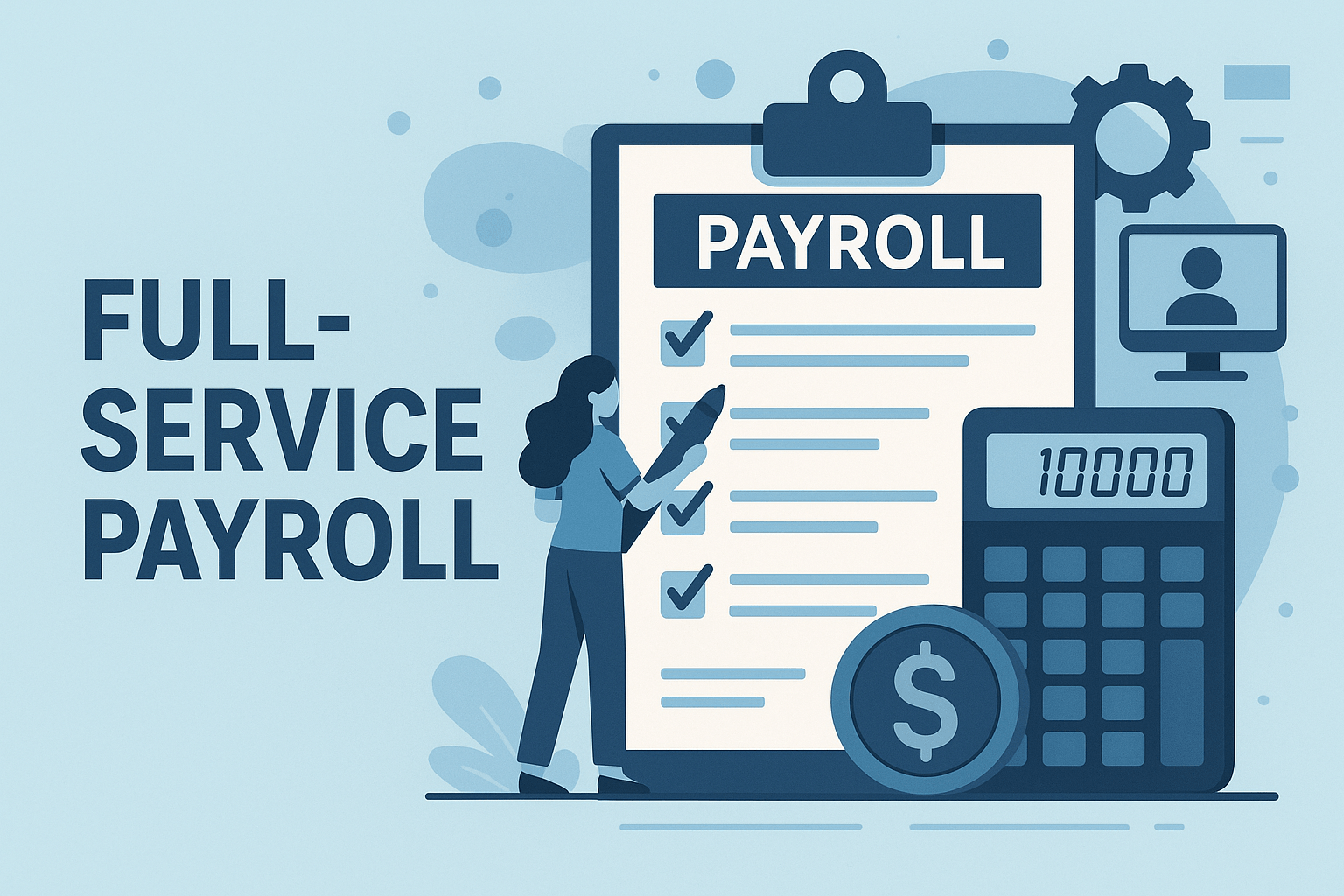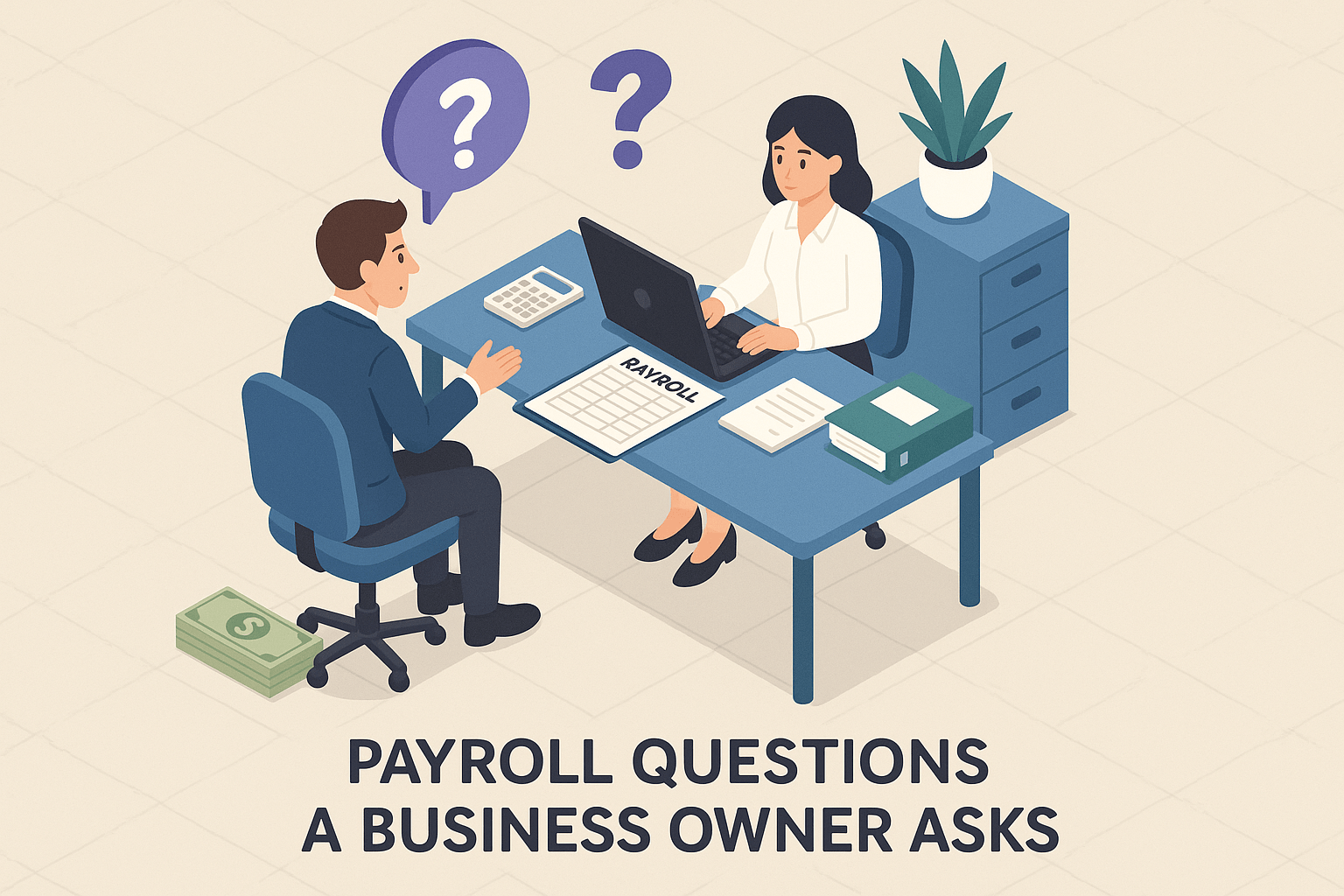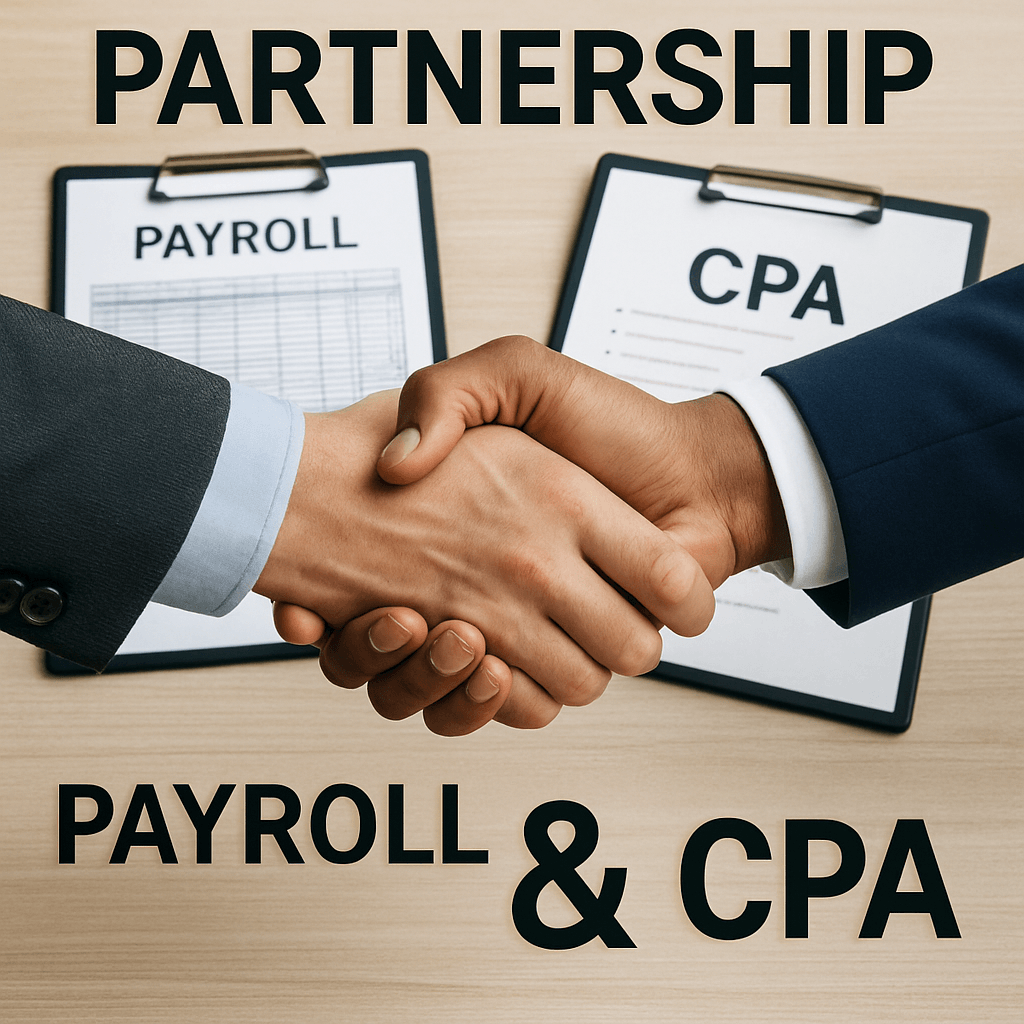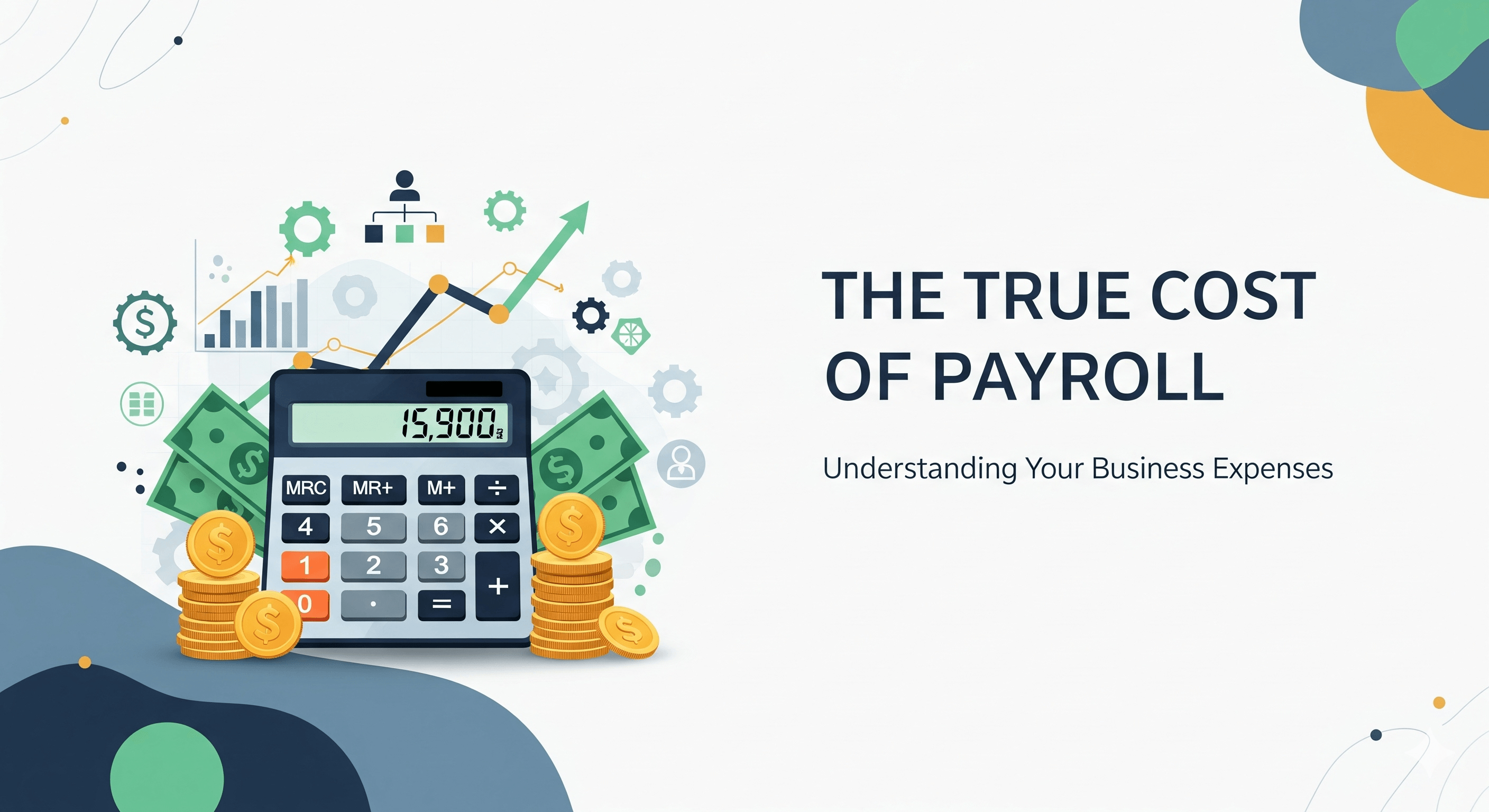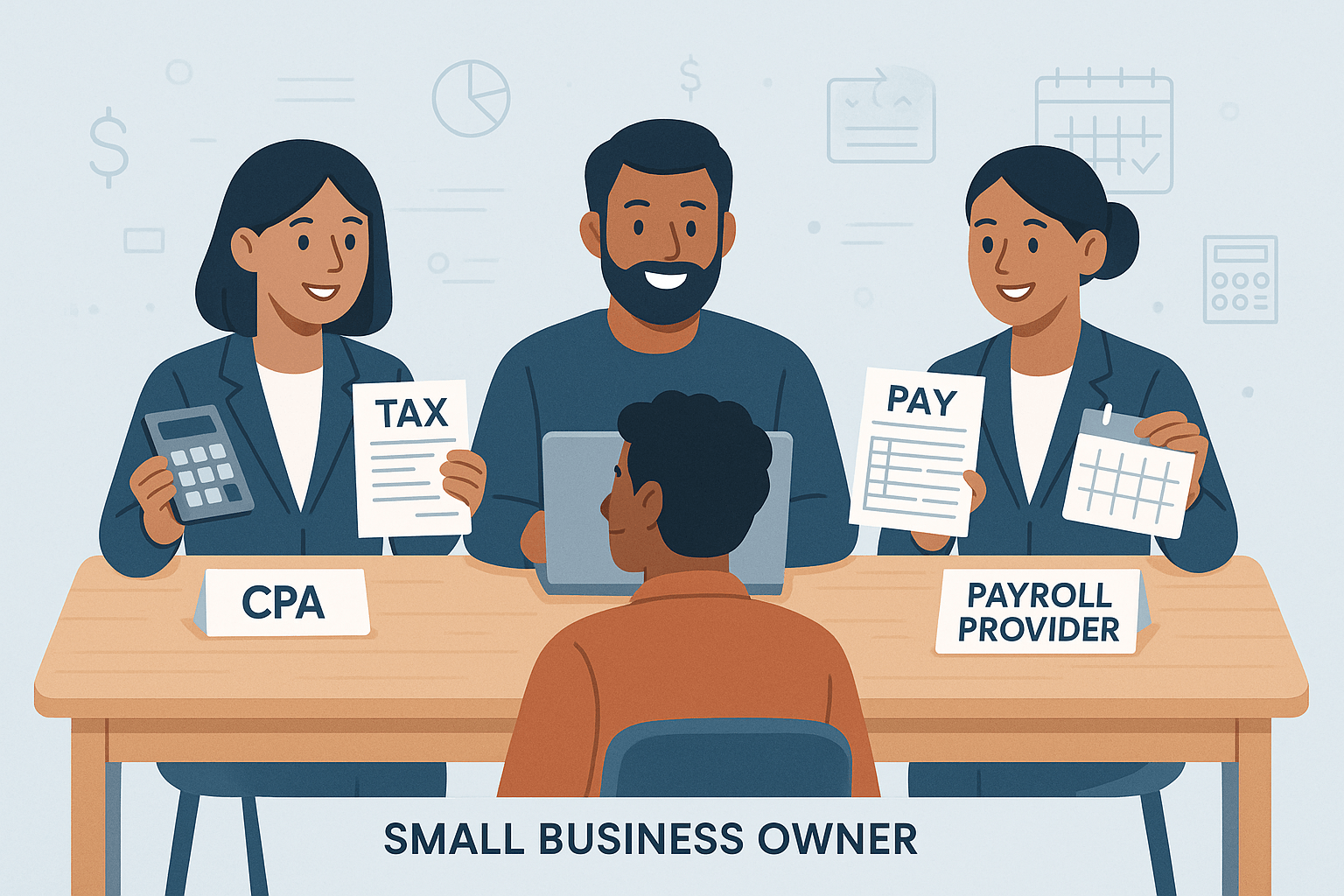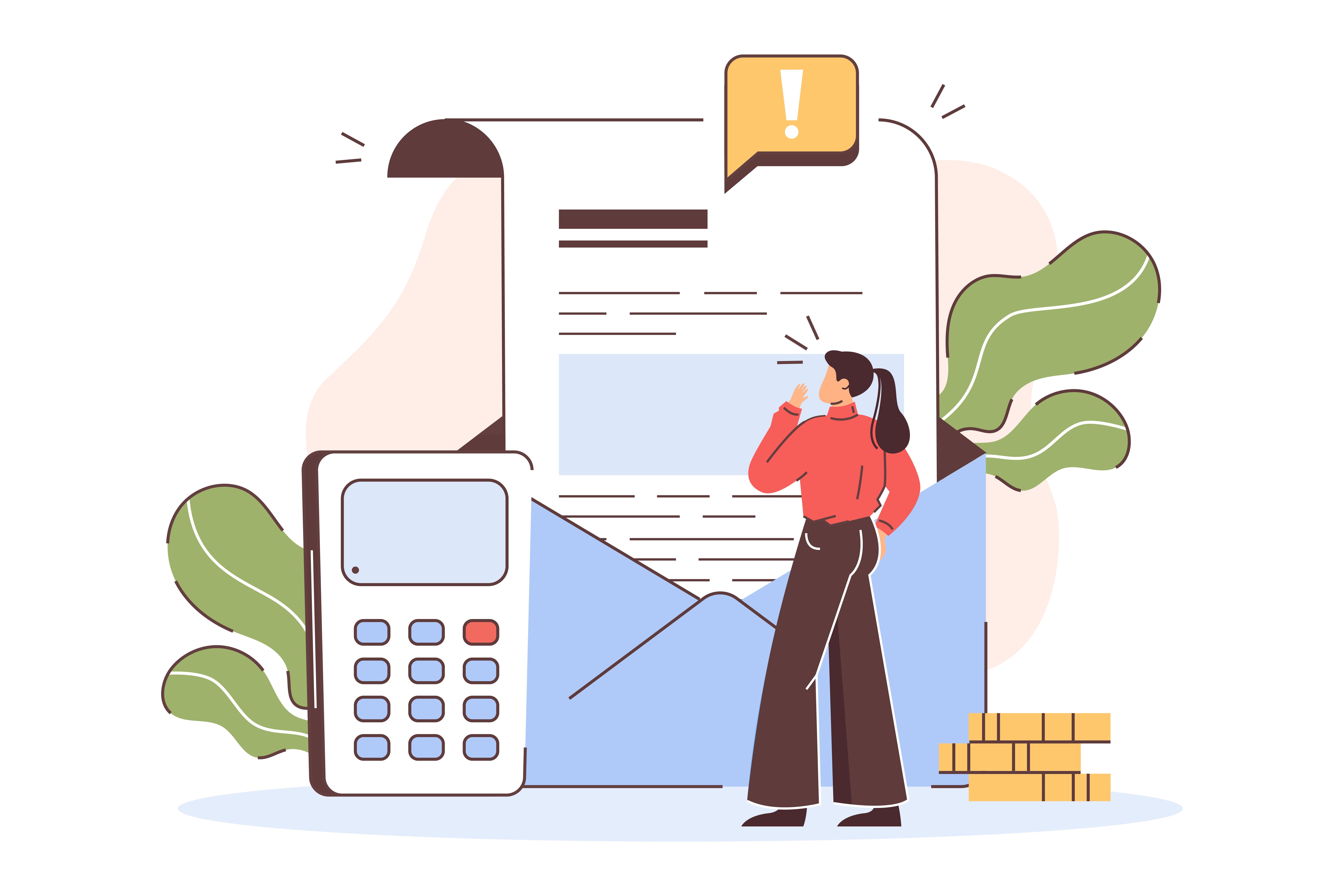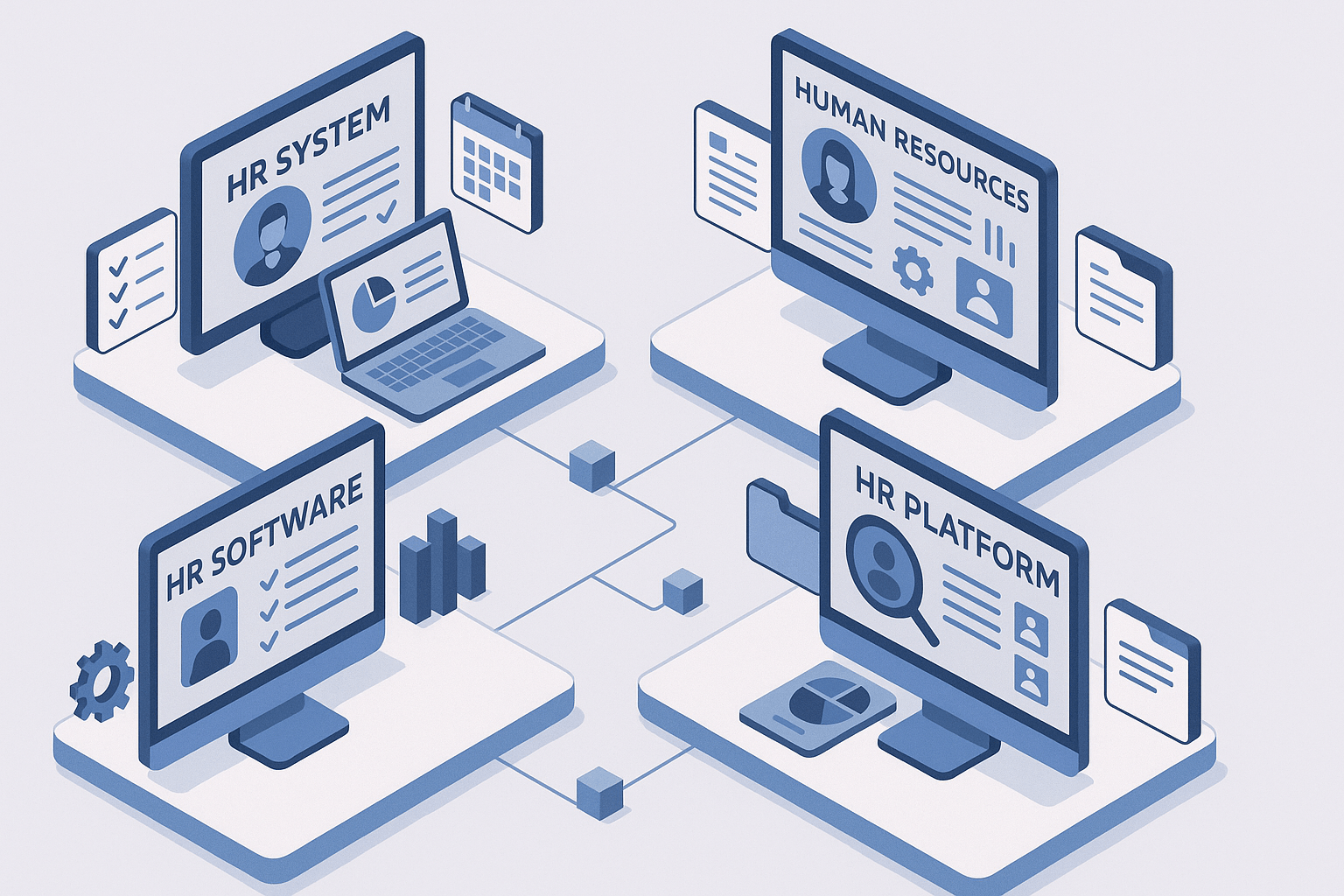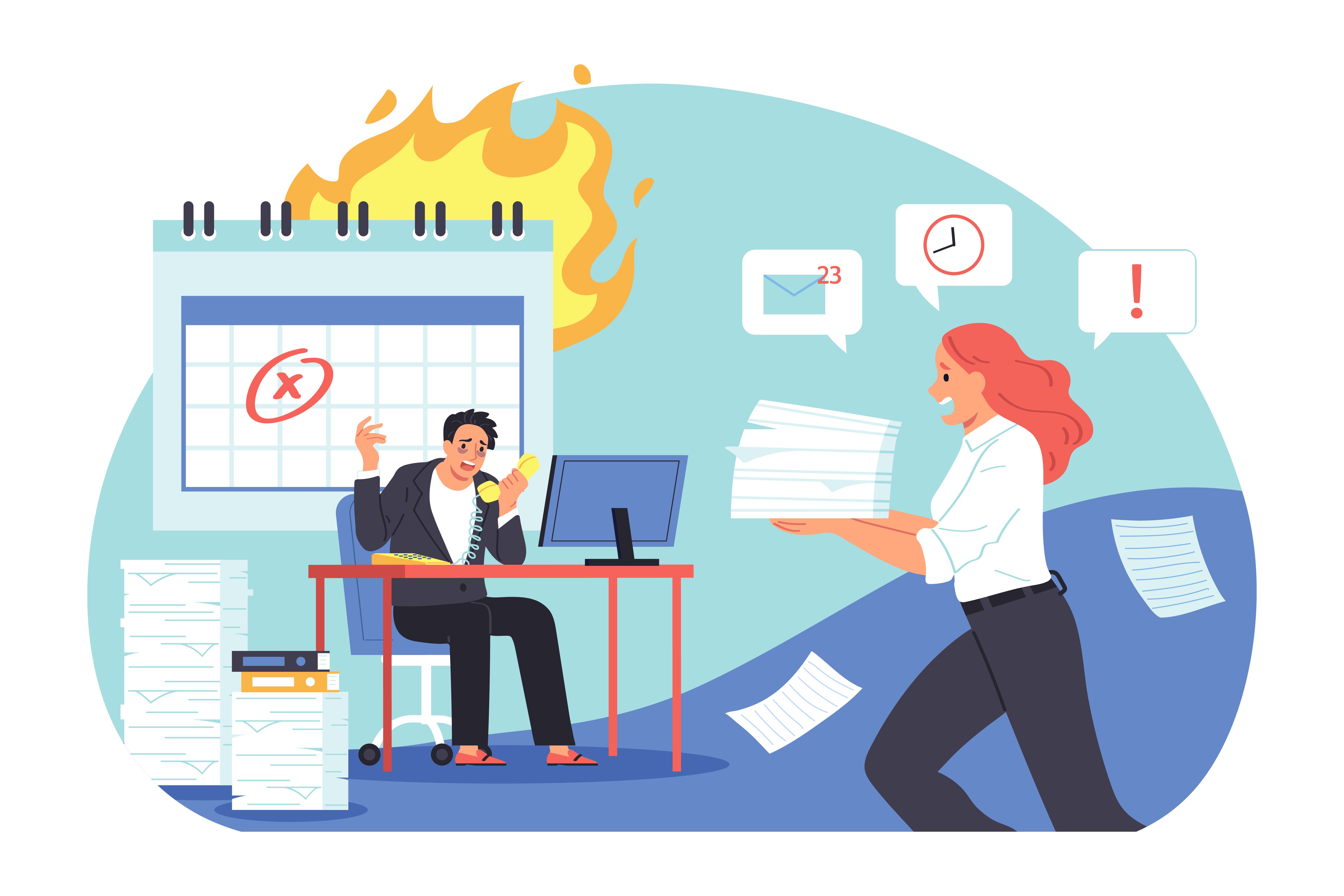Streamlining Payroll: Overcoming Challenges in the Hotel & Restaurant Industry
June 11th, 2025
6 min read

The vibrant and fast-paced hotel and restaurant industry, while rewarding, presents a unique set of payroll challenges that often extend beyond the capabilities of standard payroll systems. From fluctuating seasonal staff and high employee turnover to intricate tip reporting regulations and diverse pay structures, businesses in this sector face constant complexities.
Understanding these distinct factors is the crucial first step toward implementing effective solutions that ensure accuracy, maintain compliance with ever-evolving labor laws, and ultimately, contribute to a smoother, more efficient operation.
This article delves into the core payroll complexities inherent to the hotel and restaurant sector and explores how tailored solutions can transform these challenges into opportunities for streamlined management and improved financial health.
Table of Contents
- Understanding Payroll Challenges in the Hotel and Restaurant Industry
- The Importance of Accurate Tip Management
- Labor Law Compliance: Staying Ahead of the Curve
- Payroll Solutions Tailored for the Hotel and Restaurant Sector
- Managing Employee Categories and Multi-Role Employees
- The Role of Technology in Streamlining Payroll Processes
- A Path to Efficiency and Compliance
Understanding Payroll Challenges in the Hotel and Restaurant Industry
The hotel and restaurant sector presents a distinct set of payroll challenges. These complexities often go beyond what typical payroll systems can handle well. Understanding these unique factors is the first step toward finding good solutions.
High Turnover and Seasonal Employment
The hotel and restaurant industry sees high employee turnover. Many businesses also rely heavily on seasonal staff, especially during busy tourist seasons or holidays. This means constant hiring, letting go of staff, and changes to payroll records.
Managing frequent employee transitions adds significant administrative work. Each new hire needs setup, and every departure requires final pay calculations and paperwork. This fast-moving environment can quickly overwhelm manual payroll processes.

Different Pay Structures and Changing Shifts
Hotel and restaurant employees often work varied schedules and have diverse pay structures. This includes:
- Hourly wages
- Salaries
- Commissions for certain roles (like event sales)
- Daily rates for contract staff
Also, shifts can be inconsistent, with varying hours each week. This creates a complex puzzle when calculating gross pay, overtime, and deductions accurately for every pay period.
The Importance of Accurate Tip Management
Accurate tip management is a must for hotel and restaurant businesses. It affects not only employee pay but also following federal and state rules. Getting it right is crucial for financial health and employee morale.
Handling Tip Reporting and Tip Pooling Rules
Tips are a main part of pay for many hotel and restaurant workers. But managing tip reporting is one of the industry's biggest payroll complexities. It involves strict IRS rules and often includes state-specific laws.
Many places also use tip pooling or sharing arrangements. This requires careful calculation and distribution to ensure fairness and compliance. Mishandling tips can lead to serious fines and employee arguments.
IRS Rules on Tip Reporting
The IRS has clear guidelines for tip reporting. Employers are responsible for:
- Collecting employee tip declarations
- Reporting allocated tips on Form 8027 (Employer's Annual Information Return of Tip Income and Allocated Tips)
- Withholding federal income tax, Social Security, and Medicare taxes on reported tips
Employees must report all cash and non-cash tips to their employer. This includes tips received directly from customers and tips from tip pools. Not following these rules can result in big fines for both employers and employees.
Best Practices for Tracking and Reporting Tips
Good tip management relies on strong tracking. Best practices include:
- Integrated POS Systems: Linking point-of-sale (POS) systems directly to payroll can automatically capture credit card tips
- Accurate Employee Declarations: Encouraging and helping employees report tips accurately each day
- Clear Policies: Setting clear rules for tip pooling and distribution
Labor Law Compliance: Staying Ahead of the Curve
Following labor laws is critical in the hotel and restaurant industry. With different work hours, tip rules, and many employee roles, businesses must know and follow all federal and state laws to avoid fines.
Federal and State Minimum Wage Rules
Businesses must comply with both federal and state minimum wage laws. If the state minimum wage is higher than federal, the state minimum applies. For tipped employees, complex rules exist where employers can pay a lower direct wage if tips make up the difference.
These rates change now and then, requiring constant vigilance. Businesses must update payroll systems to reflect the latest minimum wage requirements for all employee types.
Overtime Rules and Exemptions
The FLSA says employers must pay overtime for non-exempt employees working more than 40 hours in a workweek. Employers pay overtime at 1.5 times the regular rate. The hotel and restaurant industry also involves specific exemptions, such as for highly paid employees or certain management roles.
Correctly categorizing employees as exempt or non-exempt is vital. Wrong labeling can lead to significant back-pay liabilities and fines. Payroll solutions need to handle complex overtime calculations automatically.
Payroll Solutions Tailored for the Hotel and Restaurant Sector
Typical payroll software often falls short in meeting the specific needs of the hotel and restaurant industry. Specialized payroll solutions address the industry's unique challenges. They offer features that streamline complex processes.
Key Features of Hotel and Restaurant Payroll Software
Effective hotel and restaurant payroll software includes crucial features for the industry:
- Integrated Tip Management: Automatic calculation and reporting of cash and credit card tips
- Flexible Scheduling Integration: Seamless connection with staff scheduling systems
- Multi-Rate Pay Calculation: Handling different pay rates for employees working multiple roles
- Compliance Tools: Built-in safeguards for minimum wage, overtime, and break laws
These features ensure accuracy and reduce manual work, saving time and preventing errors.
Integration with Point-of-Sale and Scheduling Systems
True efficiency comes from integration. A specialized payroll solution should seamlessly connect with your existing:
- Point-of-Sale (POS) Systems: To automatically pull credit card tips and sales data
- Scheduling Software: To import employee hours and schedules directly
This integration gets rid of manual data entry between systems. It reduces errors, improves data accuracy, and streamlines the entire payroll process from clock-in to paycheck.
Real-Time Reporting and Analytics
Modern hotel and restaurant payroll solutions offer strong reporting and analytics. This allows managers and business owners to:
- Monitor labor costs instantly
- Track tip distributions
- Analyze employee hours and overtime trends
These insights are crucial for making informed decisions, optimizing staffing levels, and managing budgets effectively. Instant data helps businesses respond quickly to running changes.
Managing Employee Categories and Multi-Role Employees
The diversity of roles within the hotel and restaurant industry adds another layer of complexity to payroll management. Correctly categorizing employees and handling those who work in multiple jobs is essential for compliance and accurate pay.
Telling Apart Exempt and Non-Exempt Workers
Under the FLSA, employees fall into exempt or non-exempt categories. This determines if they get overtime pay.
- Non-exempt employees (most hourly staff) must be paid overtime for hours over 40
- Exempt employees (certain management or professional roles) generally don't get overtime
Wrong labeling is a common and costly error. It can lead to back wages and fines. Payroll systems must support accurate categorization and calculation.
Handling Employees with Multiple Job Roles
It's common for hotel and restaurant employees to wear many hats. A server might also work as a bartender, or a chef might also do management duties. Each role may have a different pay rate or overtime status.
Payroll systems need to accurately track hours worked in each role. This includes calculating blended overtime rates if applicable. This ensures fair pay and compliance with wage laws.
Tracking and Reconciling Multiple Pay Rates
When an employee has multiple roles or varying duties, they might earn different pay rates within the same pay period. For example, a server's regular rate might differ from their rate when they train a new hire.
A strong payroll system must accurately track these different rates. It should automatically apply the correct rate to the corresponding hours worked. This ensures you pay every employee accurately for all their duties.


The Role of Technology in Streamlining Payroll Processes
Technology is not just a tool; it's a game-changer for hotel and restaurant payroll. Modern payroll solutions automate complex tasks, provide instant access, and boost efficiency across the board.
Automating Payroll Calculations and Tax Filings
The biggest benefit of technology is automation. Payroll software can automatically:
- Calculate gross pay, including variable hourly rates and tips
- Apply all necessary deductions (taxes, benefits, garnishments)
- Generate paychecks or direct deposits
- Automate federal, state, and local tax filings
This automation drastically reduces the time spent on payroll. It also minimizes human error, ensuring accuracy and compliance with ever-changing tax laws.
Cloud-Based Systems for Real-Time Access
Cloud-based payroll systems offer unmatched flexibility and availability. Managers and authorized staff can:
- Access payroll data from anywhere, at any time
- Run reports and make adjustments instantly
- Ensure that all data is always up-to-date
This instant access is key in the fast-paced hotel and restaurant environment. It helps you make quick decisions and solve problems right away.
Mobile Accessibility for Managers and Employees
Mobile apps for payroll and staff management are increasingly important.
- For Managers: They can approve time-off requests, adjust schedules, and view labor costs on the go
- For Employees: They can view pay stubs, check time-off balances, and clock in/out directly from their smartphones
Mobile accessibility significantly improves communication and empowers both management and staff, leading to greater efficiency and satisfaction. This also helps improve work life balance by providing flexible access.
A Path to Efficiency and Compliance
The hotel and restaurant industry's unique payroll landscape, with complex tip management, variable scheduling, and strict compliance demands, presents significant challenges. We've explored how these complexities can be daunting, but also how modern payroll solutions offer a clear path forward.
Businesses cannot overstate the strategic value of modern payroll solutions. They transform payroll from a cumbersome administrative task into a streamlined, accurate, and compliant operation. By leveraging integrated technology, businesses can significantly reduce administrative work, minimize errors, ensure they follow rules, and ultimately, empower their full-time and part-time staff.
By investing in the right payroll technology and fostering a culture of compliance, hotel and restaurant businesses can achieve greater efficiency, financial security, and employee satisfaction.
Want to learn more about Lift HCM's specialized payroll and staff management services for hotels and restaurants? Schedule a demo today with us today!
Caitlin Kapolas is a results-driven professional with a strong background in account management and retail. She is dedicated to improving client experiences and building lasting relationships. Caitlin excels in identifying client needs, resolving issues, and implementing customized solutions that drive value. Her effective communication skills ensure high client satisfaction and loyalty, making her a trusted advisor and partner in meeting client needs with precision and professionalism.
Topics:




.png?width=1536&height=1024&name=Create%20a%20background%20that%20reads%2c%20How%20Long%20to%20Keep%20P%20(1).png)


